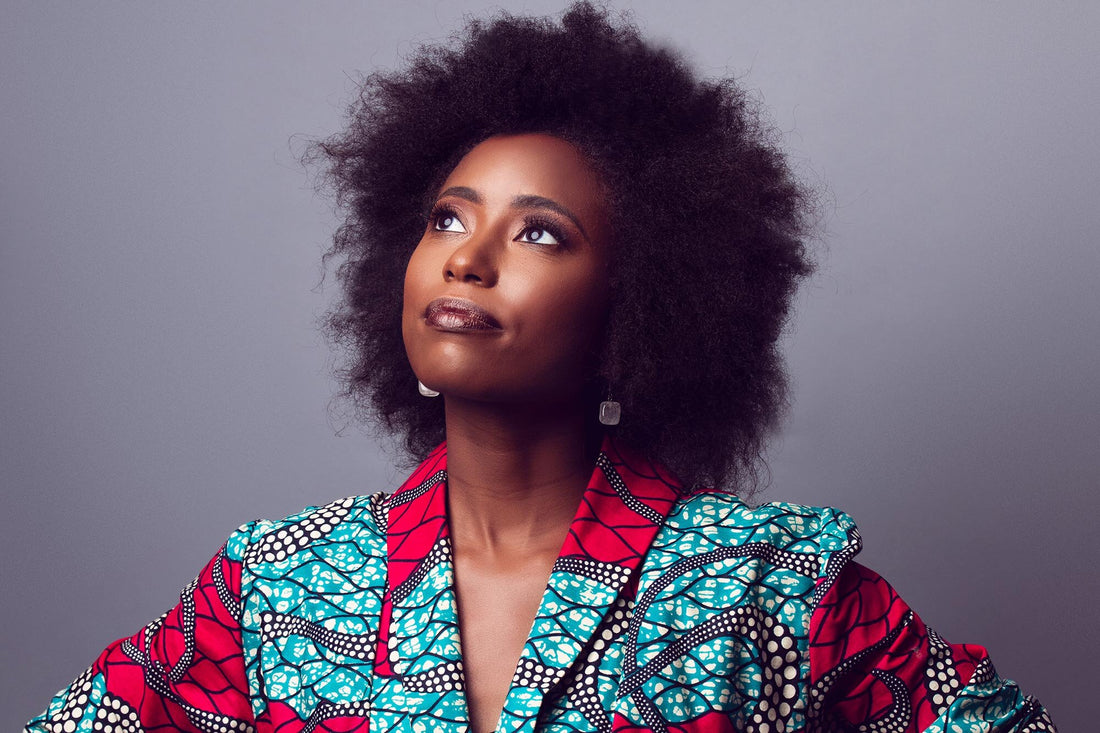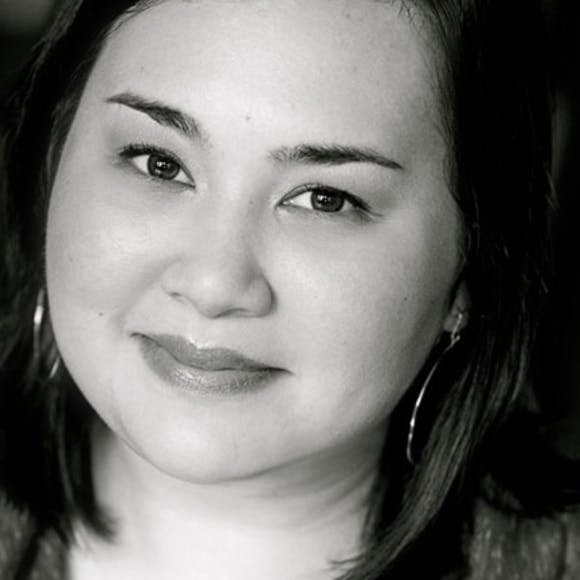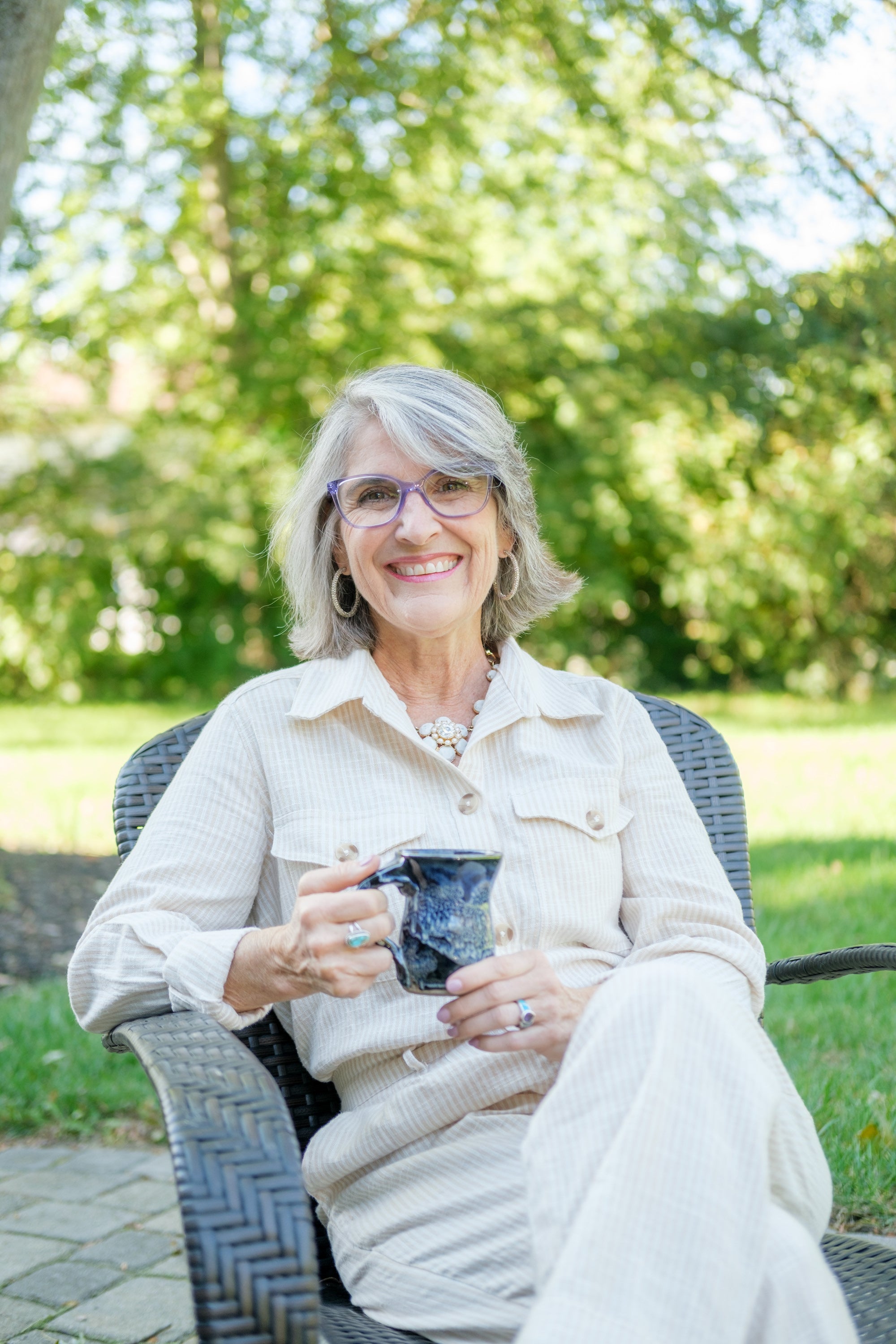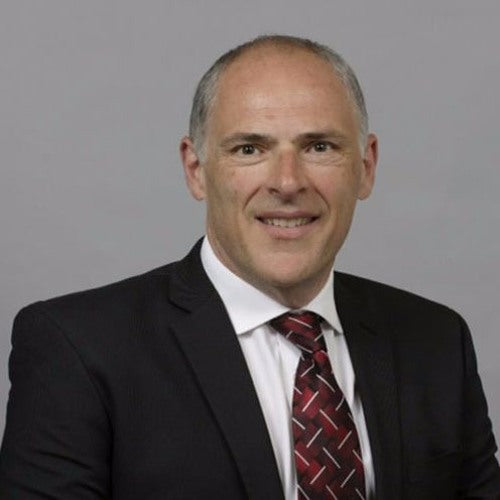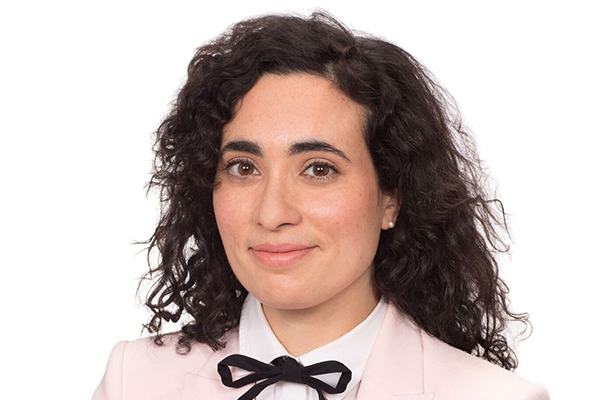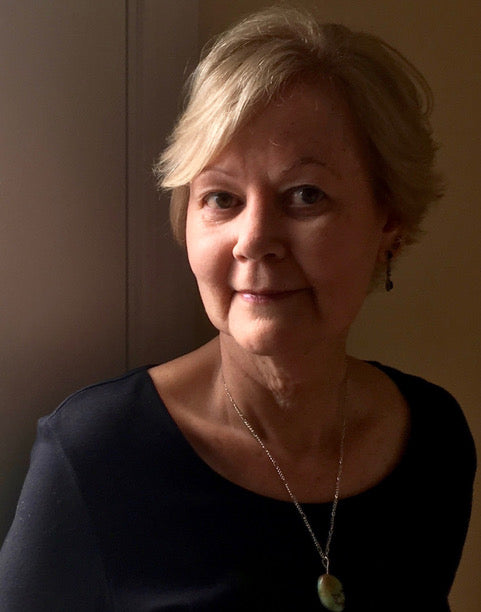
Author: Zakiya Dalila Harris
Author Bio:
Zakiya Dalila Harris spent nearly three years in book publishing before leaving to write her debut novel The Other Black Girl. Prior to working in publishing, Zakiya received her MFA in creative writing from The New School. Her essays and book reviews have appeared in Guernica and The Rumpus. She lives in Brooklyn with her husband and their growing collection of plants.
1. Many have said that "The Other Black Girl" is their favorite book of 2021. Did you know/feel like you were writing an instant classic during your writing process?
Not at all! I first started writing The Other Black Girl when I was still working in book publishing, and I really didn’t have any expectations. I had no idea whether or not readers would connect with Nella’s experience, or if they’d find publishing interesting enough of an industry to read about, or if the twist was too “out there”…I just knew I’d found a story that I genuinely enjoyed telling. So, it’s really something to hear that.
2. Many readers post the killing of Breonna Taylor and George Floyd, last summer, expressed their want of reading more books by black women. What has it been like for you to hear readers from all backgrounds connect and appreciate your book?
It’s been incredible, because that is so much of what The Other Black Girl is about: supporting Black voices in the publishing world. One of my favorite things about publishing this book has been saving screenshots of messages excited readers send me, and tweets that I’m tagged in.
But it does bum me out that it took a year like 2020 for readers to seek out more books by Black women (and Black people, period) because 2020 did not happen in a vacuum. There was injustice before it, and I’m sure there will be more in the future.
My hope, though—when I don’t have my cynicism glasses on—is that momentum to read more books by Black women continues. My other hope is that the publishing world continues to see it, too—and that they don’t just seek out more Black voices, but they also pay Black authors what they deserve to be paid.
3. Your book highlights the pitfalls of tokenism and the "Crabs in a Barrel" mentality that often emerge because of lack of opportunities for people of marginalized backgrounds. Seeing that these themes are so delicate and hard to illuminate, as a black writer how did you go about authentically communicating these themes?
Generally, I think tokenism and the “crabs in a barrel” mentality both stem from the lack of diversity and representation in majority-white spaces like publishing. However, simply conveying Black people being pitted against one another wasn’t enough for me. I felt it was also important to show the flip side: Black solidarity, which is what Nella initially assumes she will have with Hazel when she first starts working at Wagner.
Over the last seven years or so, I’ve thought a lot about the best way to spark change and upward mobility within the Black community. I really believe it depends on the situation and the person; there is no “right” way.
By including the perspective of each Black woman in this book, I hoped to show why both approaches are not only valid, but also dependent upon one another.
Each character has a different idea of how to be Black in a white space, and my hope is that this makes all of the characters—Nella and Kendra Rae, but Hazel and Diana, too—feel real, if not relatable. Maybe readers don’t agree with how they handle certain things, but my hope is that readers will at least understand them.
4. You also worked for a publishing house a few years back. If you don't mind us asking, how similar was your experience to Nella and also Hazel?
There is more of me in Nella than in Hazel, particularly Nella’s complicated relationship with her Black identity.
I attended a mostly-white elementary school in Connecticut and my neighborhood was mostly white, so when I went on to attend middle school and high school, which were much more diverse, I experienced a bit of culture shock. I was sometimes made fun of for speaking “like a white girl”.
Hazel came from a place of, “What would my own worst nightmare be?” And I came up with this idea of finally having a Black coworker, only to discover that she isn’t the ally I presumed she would be. But I should also add that a lot of Hazel represents my insecurities. She is what I sometimes aspire to be: cool, confident, and plugged in to all the latest Black trends.
5. Which character did you have more fun writing, Nella, or Hazel?
Writing Nella was easy in some ways, because the act itself was therapeutic…but sometimes too much so. For better or for worse, it made me examine my own tendency to overthink things. So, writing Hazel was much more fun. I’m definitely not calculating like she is, so I enjoyed getting to be chaotic and destructive through her.
6. What's the weirdest/worst microaggression you have ever experienced?
My first name being misspelled, particularly in emails. It happened a lot when I was working in publishing, even though I would sign off with my name in every email. And it still happens now.
7. This book has also been picked up as a Hulu adaptation. Congratulations! As a co-writer of the new adaption, what's your experience been like taking this novel and turning it into a screenplay?
It’s been great! I didn’t write this book in the hopes of it potentially being turned into a television show, so that was an amazing bonus. I’m learning so much, plus, I get to revisit this story, and the mechanics of the story, in an entirely new way.
8. Finish the sentence: “Words are most powerful when _____”.
…They’re said in person.
9. Overall, what do you hope writers get from this book?
I hope this book inspires readers to have lots of hard conversations, including ones about identity, race, and workplace culture.
I want employees who work in all kinds of industries to think more deeply about that diversity initiative that they’ve been asked to consider at work, and I want bosses to think more deeply about the struggles that their assistants—especially assistants of color—are experiencing.
But I also hope that this book will be a fun, entertaining, and informative read. This book shows unabashed conversations between Black people about all things Black culture; it shows Black women who are complicated and at times, downright messy.
Each has a different opinion on what it means to be successful. But there’s a beauty in the fact that they are not a monolith, and my hope is that by giving each of them a place on the page, readers will walk away from this book with four additional examples of how nuanced we can be.
Which leads me to perhaps the thing I want the most, which is for Black readers to see themselves, or parts of themselves, in these pages.
10. What's your best advice for getting over writer's block?
Switch it up. If you’ve been typing on your computer this whole time, try writing by hand instead, and vice-versa. It also helps when I take a break from trying to write and read something instead—a story, an essay, an article.
11. What's the best book you have read so far this year?
So many! This year, I read and loved The Ones Who Don’t Say They Love You by Maurice Carlos Ruffin, The Black Kids by Christina Hammonds Reed, and Greenwich Park by Katherine Faulkner.
12. What's the best advice you have ever received on happiness?
Do what you love.
13. Do you plan on writing more books in the future?
Absolutely! Becoming a writer was my childhood dream, and now I get to do it as an adult. It doesn’t get any better than that.
Places To Find More From This Author:
Instagram: @zakiyadalilaharris
Twitter: @zakiya_harris
Facebook: Zakiya Dalila Harris
Website: www.zakiyadalilaharris.com
Get Your Copy of The Other Black Girl Today!
